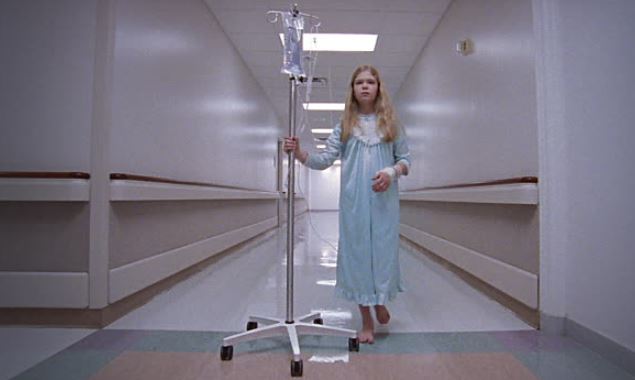 Parler
Parler Gab
Gab
- Nearly half of American children are addicted to digital devices, leading to a surge in suicidal thoughts and behaviors, with addiction starting as early as age 11.
- Compulsive, emotionally dependent use – not total screen time – drives mental health risks, including depression, anxiety and suicidal ideation.
- Tech platforms like TikTok and Instagram use addictive designs (endless scroll, dopamine triggers) that mimic gambling, rewiring young brains.
- Beyond mental health risks, electromagnetic radiation (EMF) from devices disrupts cardiovascular health, compounding the crisis.
- Governments lag in regulation, so parents must treat addictive apps like controlled substances, banning them, enforcing tech-free zones and monitoring warning signs.
It's not screen time – it's the addiction that kills
Contrary to popular belief, total screen time wasn't the culprit. A child could spend hours on educational apps without harm. The danger lies in how they engage: compulsive use, emotional reliance and using screens to escape reality. Dr. Yunyu Xiao, the study's lead researcher, emphasized that addiction – not minutes logged – predicts mental collapse. Xiao, said, "And these youth are significantly more likely to report suicidal behaviors and thoughts." Video games followed a similar pattern: 41 percent of kids showed high addiction, while social media ensnared a third. These platforms are engineered to mimic slot machines, exploiting neurological reward systems. The consequences are dire: depression, anxiety, aggression and, most tragically, suicide, now the fifth-leading cause of death for preteens.The physical toll: EMF radiation and a broken generation
Beyond psychological damage, children face invisible physical harm. Electromagnetic radiation (EMF) from wireless devices disrupts cardiovascular health, causing blood cell clumping, arrhythmias and stress hormone spikes. One study found that merely holding a phone near the body triggered abnormal blood clotting. Combine this with psychological stress and the result is a generation under siege, mentally and physically. While the Netherlands bans social media for under-15s over mental health risks, U.S. regulators offer limp advisories. The surgeon general's 2023 warning remains unchanged, despite this study's bombshell data. Tech giants, meanwhile, target ever-younger audiences with predatory designs, prioritizing profit over children's survival. And the more time these kids spent on social media, the more their depressive symptoms increased. This isn't a call to abandon technology – it's a demand for vigilance. Parents must ban addictive platforms, treating social media and algorithm-driven apps like controlled substances. Warning signs – distress when offline, escalating use, or escapism – should trigger immediate action. Creating tech-free zones in bedrooms and during meals can help, as can educating families on the compounding risks of EMF exposure. This study is a fire alarm. A generation is being sacrificed to digital opium, with suicide rates as the grim metric of failure. Parents must act where governments have failed – before more children become statistics. The time for half-measures is over. The survival of America's youth depends on it. Watch and learn about the dangers of too much screen time and how it is destroying your kids' brains. This video is from Mgibsonofficial on Brighteon.com.More related stories:
Technology and social media are feeding addictive behaviors and mental illness in society. Sen. Mark Warner: "Congress will have to set social media regulations" … says the "era of the Wild West in social media" is over. Too much screen time too early damages children for life. Is too much 'screen time' hurting your kids' mental growth? Former Big Tech exec warns of serious dangers linked to wireless technology. Sources include: NaturalHealth365.com NewsNationNow.com NPR.org Brighteon.comFamily Sues Dr. Carrie Madej Over Hydrogen Peroxide Treatment, Alleging Wrongful Death
By Finn Heartley // Share
Governments continue to obscure COVID-19 vaccine data amid rising concerns over excess deaths
By patricklewis // Share
Tech giant Microsoft backs EXTINCTION with its support of carbon capture programs
By ramontomeydw // Share
Germany to resume arms exports to Israel despite repeated ceasefire violations
By isabelle // Share










